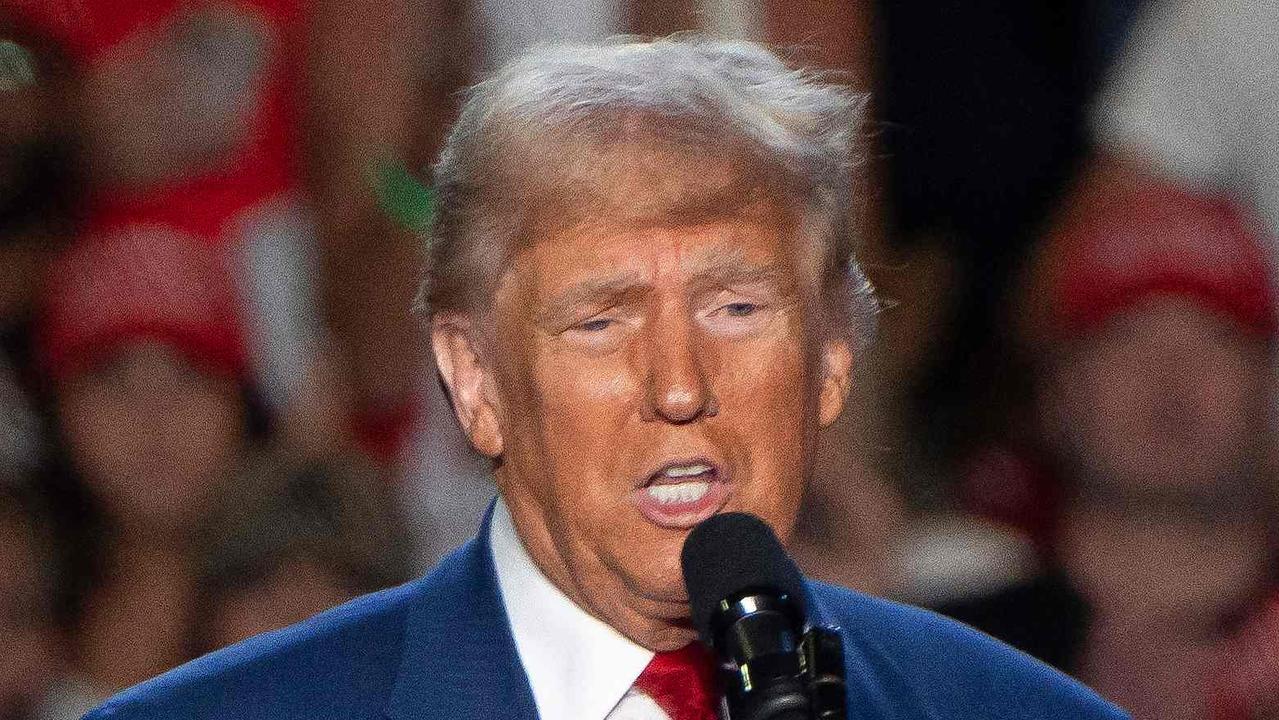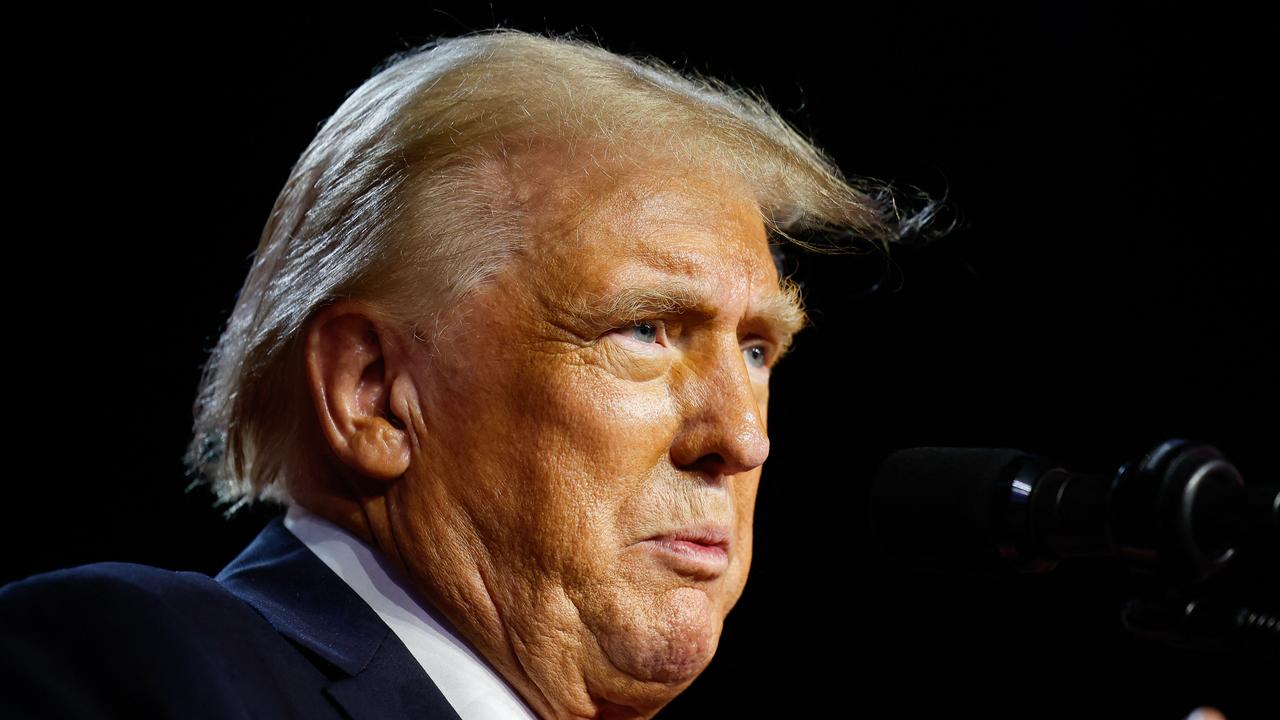‘Their throats were slit, they were tortured’: Foreign Correspondent investigates South Africa farm attacks
JO-AN found his parents tied up in a pool of blood, their throats slit. “We all know it’s coming,” he says. “It’s just a question of when.”
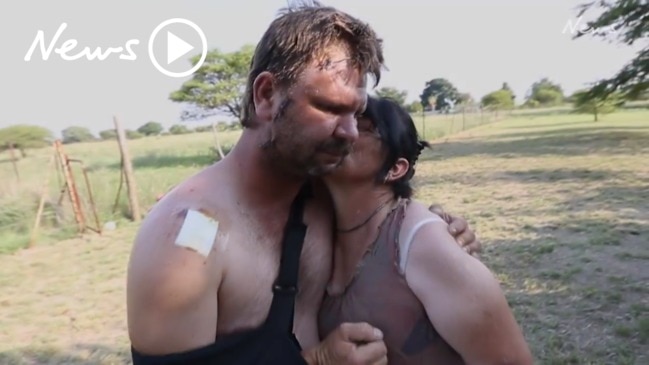
IN MAY this year, cattle farmer Jo-an Engelbrecht was expecting his parents over for lunch. When they didn’t show up, he walked down to their house a few hundred metres away.
He went inside to find blood all over the floor. “I found them lying there, tied together, next to each other,” Mr Engelbrecht told the ABC’s Foreign Correspondent.
“My dad was lying on his back, my mother was lying face down, hands tied behind her back. My dad had a big gaping hole the size of a golf ball in his throat. Their throats were slit, they were tortured. I found an iron cord around my mother’s neck. They tortured her.”
The murders of 78-year-old Fanie and 74-year-old Colleen Engelbrecht were just the latest in an escalating series of attacks on white farmers in South Africa that have generated worldwide controversy.
Earlier this year, Home Affairs Minister Peter Dutton sparked outrage for floating the idea of fast-tracked humanitarian visas, saying they faced “horrific circumstances” and needed help from a “civilised country”.
In Tuesday night’s special report, ABC journalist Jonathan Holmes questioned whether the murders are politically or racially motivated, as claimed by the Afrikaner minority, or are just a “fact of life in one of the world’s most violent societies”.
“My dad always said it’s not if, it’s when,” Mr Engelbrecht said.
“He knew it was coming. We all know it’s coming. It’s just a question of when. These farm attacks are partially motivated by money and partially by politics. Not only do they kill, but the way they kill. They torture you and hurt you. This is hate, this is political hate.”
Earlier this year, South Africa’s parliament voted in favour of a motion, brought by the radical Marxist Economic Freedom Fighters and supported by the ruling African National Congress, to begin the process of seizing white-owned land without compensation.
EFF leader Julius Malema, who in 2016 told supporters he was “not calling for the slaughter of white people‚ at least for now”, has been accused of whipping up racial tensions. “We are taking the future into our own hands,” he told a rally attended by Foreign Correspondent. “Shoot to kill! Shoot to kill! Pow, pow!”
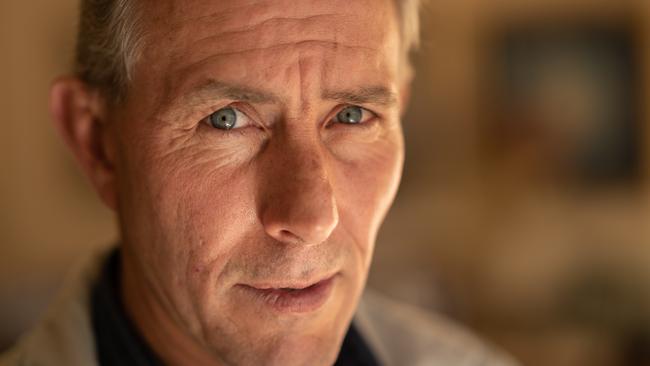
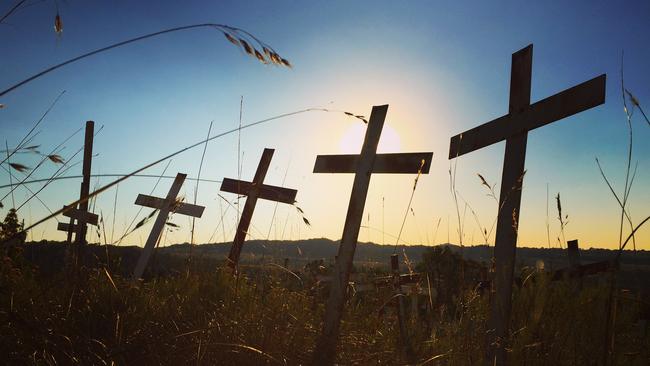
The exact numbers of people killed in farm attacks is disputed. The farmers’ union says the number was 47 last year, but civil rights group Afriforum says the real number is 84. “During the calendar year of 2017 there’s been 84 farm murders that we could verify,” Afriforum’s Ernst Roets told the program.
“When we say we can verify we mean we have a list, we have the names of the people who’ve been murdered. So to say there’s only been 47, I don’t know if it’s malicious (or) negligence; there could be a variety of reasons why the number’s wrong.”
Mr Roets said Afrikaners had been “murdered for some time — now they’re coming to take the land as well”. “I think it’s very hard to conclude that there’s not a racist motive,” he said. “Certainly robbery plays a role, but there’s enough evidence that racism plays a big role and that political influence is playing a big role.”
But Gareth Newham from South Africa’s Institute for Security Studies said the farm murders were just part of a broader crime wave — nearly 20,000 South Africans, black and white, were murdered in 2017.
“We have a real problem with violence expressed in various different ways,” he said.
“So for us sitting in South Africa looking at these 19,000 murders, this growth in armed attacks, gangs involved in cash in transit heists, and then suddenly there’s this international attention on murders of white farmers?
“It just sort of seems completely disproportionate. It’s not that it’s not a problem, of course for the victims it’s terribly traumatic, but it’s not the biggest challenge facing South Africa. There’s no credible evidence that the attacks against white farmers are politically driven.”
Local journalist Golden Mtika disagreed, however, telling the program he knew several gang members who had taken part in farm attacks. “Most often those crimes they don’t end up being clean crimes, they end up killing the person as well,” he said.
“Sometimes through resistance [from the farmer], and some of them they have that past ideology of saying, ‘The farmers took our land’, and when they go there they take out their anger on them. There is that racial element as well.”
Mr Engelbrecht said his farm just outside Johannesburg was now “worth zero”. “We had several auctions in the last two or three weeks cancelled because there was no people interested in buying the land,” he said. “Why would you buy a farm to know the government’s going to take it?”
His daughter Tessa told the program she was frightened to stay there and “wouldn’t think twice” if Mr Dutton’s visa offer materialised. “I don’t know when I go to my room whether it will be my last day,” she said. “I don’t know if am ever going to wake up again.”
Bloodland — Jonathan Holmes’ investigation into the violence, poverty and politics that define 21st century South Africa — aired on Foreign Correspondent on 31 July and is available on ABC iView.



